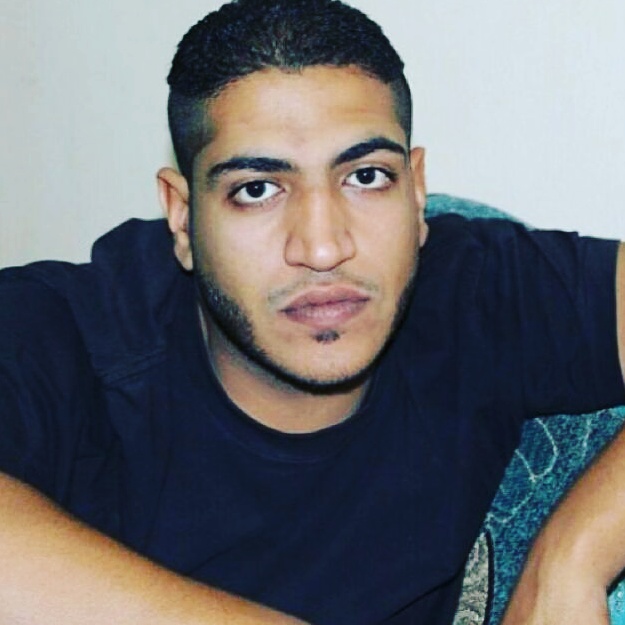A 23 year old Mohamed Jameel Altoblani was arrested in November 2015 by Bahraini authorities on account of terror-related charges for joining a terrorist cell named “Zulfiqar Brigades” and sentenced to life imprisonment. At the time of his arrest, Mohamed was a law student who also worked for the airmech construction company.
Following his arbitrary detention, he is serving a life sentence in Jau Prison, Bahrain. On 9 June 2020, the United Nations Working Group on Arbitrary Detention (WGAD) published an opinion for the immediate release of Mohamed and 19 other Bahraini citizens convicted in the mass trial for the same charge of their alleged involvement in Zulfiqar Brigades.
Mohamed was arrested on the night of 3 November 2015 by police officers in plain clothing. The police authorities surrounded the house and a large number of officers knocked on his door to arrest Mohamed and search his room. While the police presented an arrest warrant, they refused to disclose any information for the reason of Mohamed’s arrest. Mohamed’s family did not know who issued the warrant.
Pursuant to the arrest, Bahraini police subjected Mohamed to a 28-day enforced disappearance in the Criminal Investigations Directorate (CID). Mohamed’s family attempted to visit the CID on multiple occasions to request information about his whereabouts but the authorities refused to cooperate with them. Mohamed was not permitted to meet with his lawyer until one month after his detention.
During the entire period of his interrogation from 3 November to 31 November 2015, Mohamed was tortured by CID officers. Mohamed did not provide details of the torture to protect his mother from the distressing reality of his situation. Mohamed is the oldest son and had been considered the breadwinner of his family until he was arrested.
On 15 May 2018, Bahrain’s Fourth High Criminal Court sentenced Mohamed to life in prison in the mass trial involving 138 individuals. Mohamed and 115 defendants were pronounced guilty on terror-related charges. The court also revoked their Bahraini citizenship. While Mohamed was able to prove his innocence, the prosecution denied him the right to an adequately prepared defence and presented fabricated evidence in court. Mohamed was only presented before a judge a month after the start of the trial. Mohamed was thus subjected to unfair trial practices and due process violations. In September 2018, the Court of Cassation upheld Mohamed’s original verdict and sentence.
Mohamed’s nationality was reinstated by royal decree in April 2019, however he still remains imprisoned, serving his life sentence.
Several complaints were lodged regarding Mohamed’s inhumane treatment in detention. The Ministry of Interior’s Ombudsman received a complaint about Mohamed’s inability to continue his studies in prison.
The use of torture during Mohamed’s 28-day interrogation violates both Bahraini law and Bahrain’s obligations under the Convention against Torture and Other Cruel, Inhuman or Degrading Treatment or Punishment (CAT) under International law. Mohamed’s arbitrary detention and unfair trial also contravened the International Covenant on Civil and Political Rights (ICCPR), to which Bahrain acceded in 2006.
- On 19 July 2018, ADHRB submitted a complaint regarding the Zulfiqar mass trial to the United Nations (UN) Special Procedures Offices of the Human Rights Council.
- ADHRB represented Mohamed and 15 other defendants before the UN, producing key evidence of the systematic abuses they faced.
- In 2020, the United Nations Working Group on Arbitrary Detention (WGAD) published an opinion concerning the Zulfiqar cases, requesting the immediate release of 20 prisoners including Mohamed.
- ADHRB fully supports the WGAD’s recommendations and urges the Government of Bahrain to abide by international standards for fair trials and the investigation of allegations of torture.





